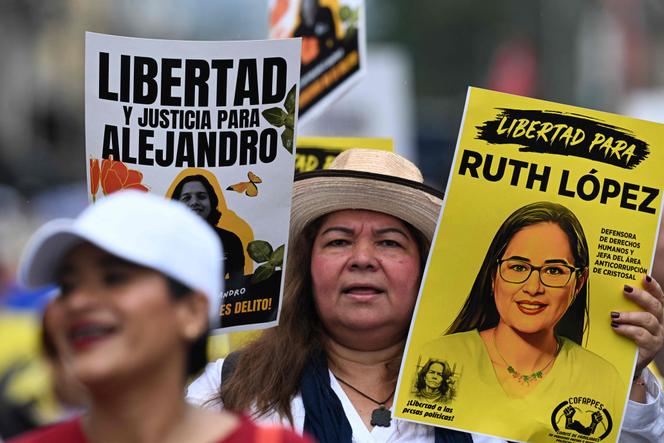


The month of June 2025 will go down in El Salvador's history as the largest exodus of journalists and civil society members since the armed conflict that devastated the country from 1979 to 1992. This time, Salvadorans are not fleeing civil war, but the regime of President Nayib Bukele, who has been in power since 2019 and whose increasingly authoritarian rule has become unmistakable. Despite his enduring popularity among the population, the president has dismantled gangs by imprisoning nearly 90,000 people and has imposed a state of emergency that has been in effect since March 2022. In July, he also amended the Constitution to allow himself to run for re-election indefinitely.
In recent months, repression against those whom Bukele considers his opponents has intensified further, forcing some to flee to avoid being imprisoned themselves. According to the Committee of Families of Political Prisoners and Persecuted Persons of El Salvador (COFAPPES), 34 political prisoners are currently being held in the country's jails.
At least 150 people have chosen neighboring Guatemala as a place of refuge, just across the border from El Salvador. Others have settled in Costa Rica, Mexico, the United States and even Europe. "Everyone went wherever they could, depending on their resources and contacts. For journalists, most did not have the means to go very far," said a community radio journalist who took refuge in Guatemala and, like other journalists interviewed, preferred to remain anonymous.
You have 74% of this article left to read. The rest is for subscribers only.
